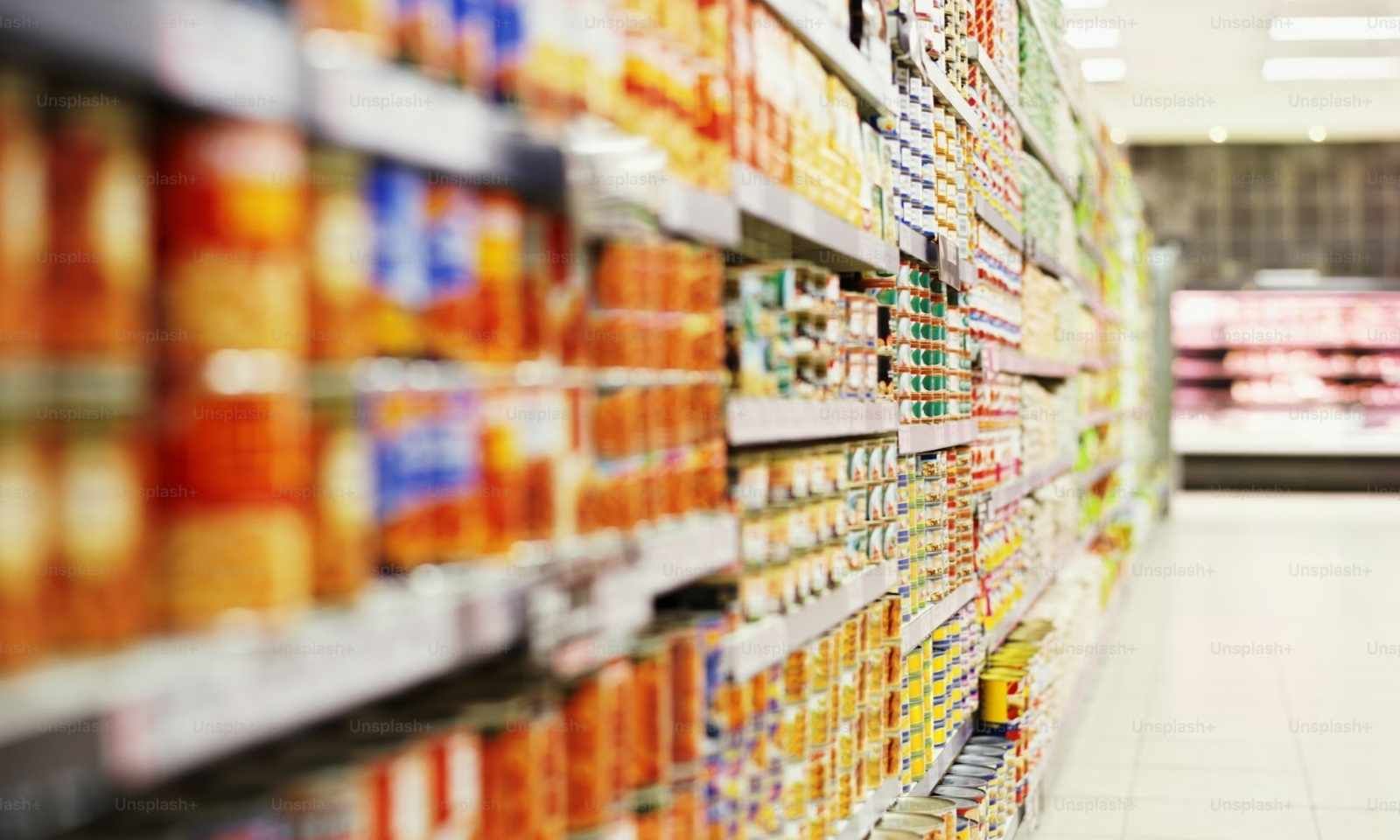

McKinstry Superette.
Photo /YouTube/RNZ Checkpoint
Want to save your dairy? Supporting local is the way says Retail NZ
NZ's retail sector has faced a lot of blows over recent years, but the impact has most been felt by businesses like dairies and superettes, according to industry experts.




‘NZ couldn’t do the basics’: Green Party MP says the Gaza flotilla reflects a cry for action

Pacific candidates clash and converge on future of South Auckland



‘NZ couldn’t do the basics’: Green Party MP says the Gaza flotilla reflects a cry for action
Retail NZ says the future of dairies is in the hands of their local communities as they face increasing pressure from the ever-expanding supermarket sector and the rise in violent crime.
In 2018 Retail NZ's recorded 4,000 dairies, superettes and convenience stores, and warned that these outlets were facing declining sales, an upturn in crime, and restrictive government policy changes that were impacting revenue streams.
But six years on, the situation has got even worse according to Retail NZ Manager, Advocacy, Advice and Communications Ann-Marie Johnson.
Speaking to William Terite on Pacific Mornings, Johnson said one only has to visit their local neighbourhood to see the evidence.
"You'll see there are dairies that have closed or downsized," Johnson said.
"We know that it's tough right across retail no matter what sector you're in.
"[But] it does seem that dairies are definitely seeing a decline and that's a real shame."

Six years on and the grim reality for dairies and superettes has only gotten darker. Photo /Unsplash.
Johnson said many factors are making the already difficult venture of dairy and superette operations harder.
Last month the Commerce Commission released its Annual Grocery Report and found the country's supermarket duopoly, Foodstuffs and Woolworths, remained dominant in market share, while their profits margins had increased.
Johnson said that dairies cannot buy in bulk at the same rate as major grocery outlets, therefore dairies charge a premium for the convenience of customers who may need a couple of essentials rather than a trolley-full.
Retail NZ’s Chief Executive Carolyn Young has also highlighted that retail crime of all types increased by 86 per cent over the last five years, impacting approximately 230,000 New Zealand workers in the retail sector.
Johnson said crime primarily impacted dairies' insurance rates, causing a cost spike, which is particularly stressful on already stretched ventures.
She said although there are fewer ram raids nowadays, shoplifting remained an issue.
"It's a tough business, you're not making a huge amount of money, working very long hours - not 24/7 but certainly seven days a week," she said.
"There's a whole range of things that I think are playing into this, it's also the ease of online shopping.
"But we don't want to lose our dairies where you can pop down for a bar of chocolate, or some milk, or bread."
Full interview with Carolyn Young on 531pi’s FB below:
Ultimately, Johnson said consumer choice is key to the fate of dairies and superettes struggling to keep up with the myriad of debilitating factors.
"I was thinking about even there used to be a lot more petrol stations with shops attached and they've certainly disappeared off the landscape in the last few years.
"At the end of the day, it's really down to communities, if you want to keep your local dairy you need to support it.
"Go out there and buy the odd loaf of bread or ice cream."